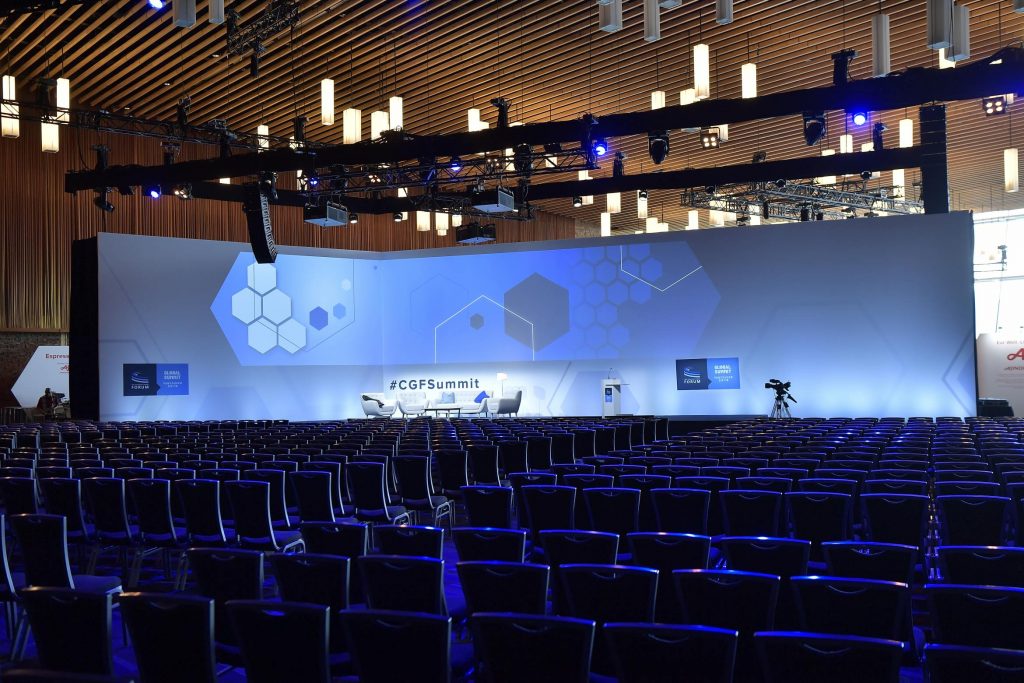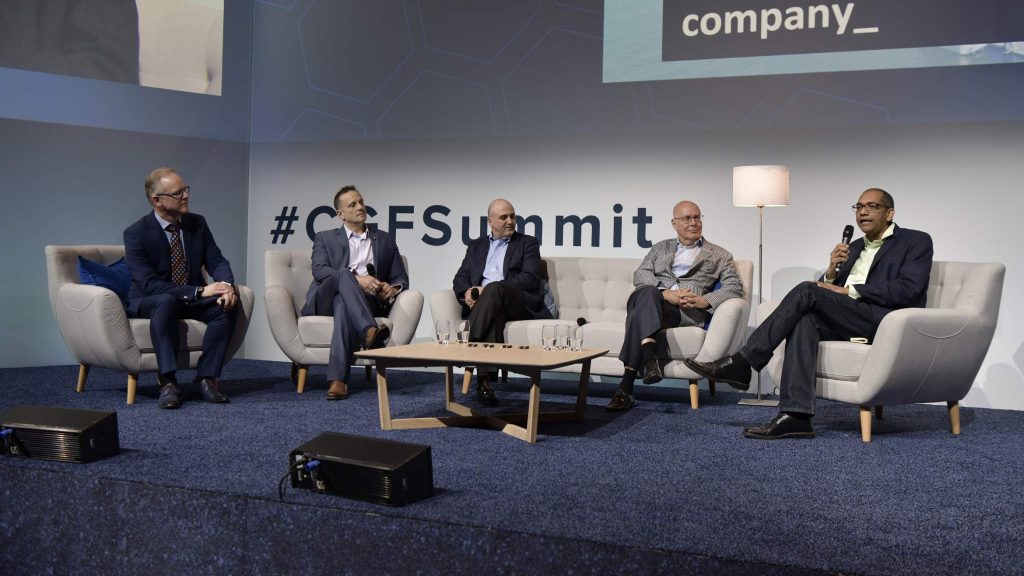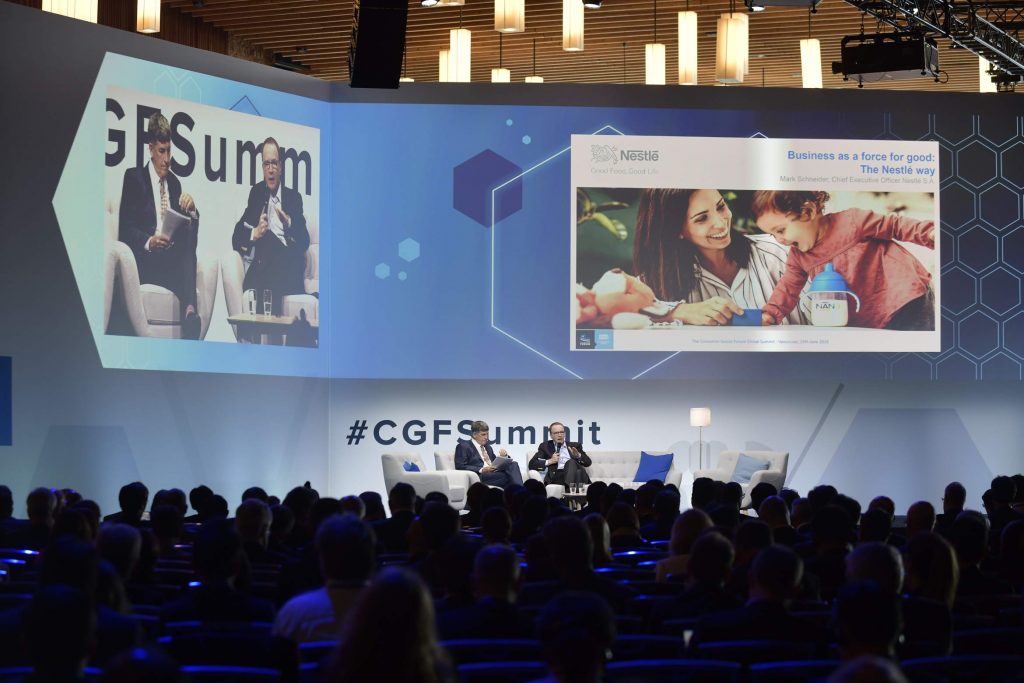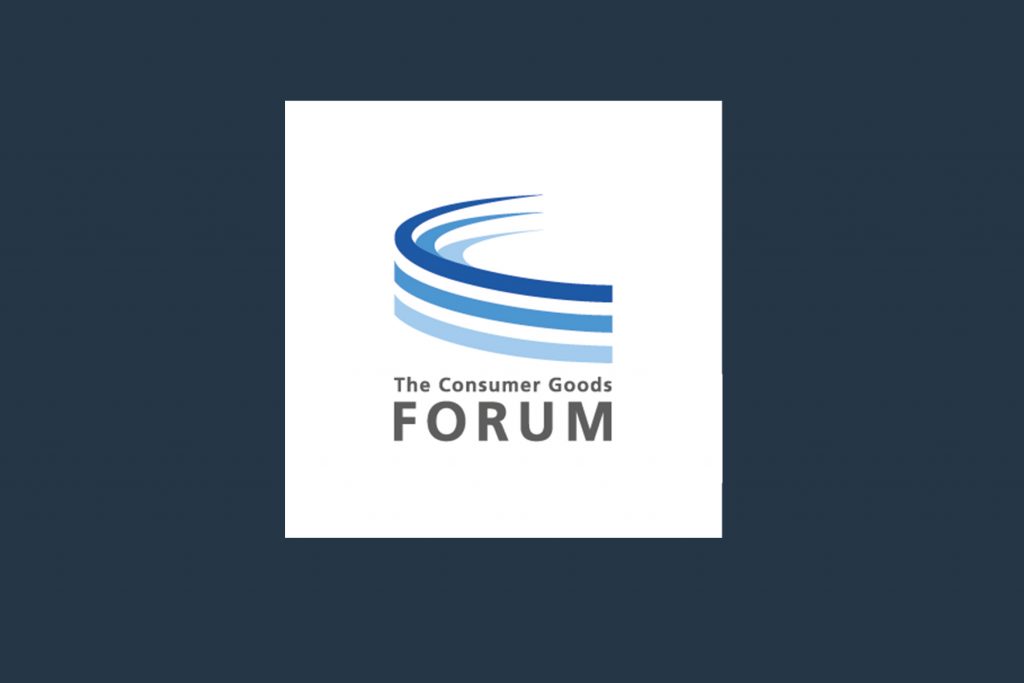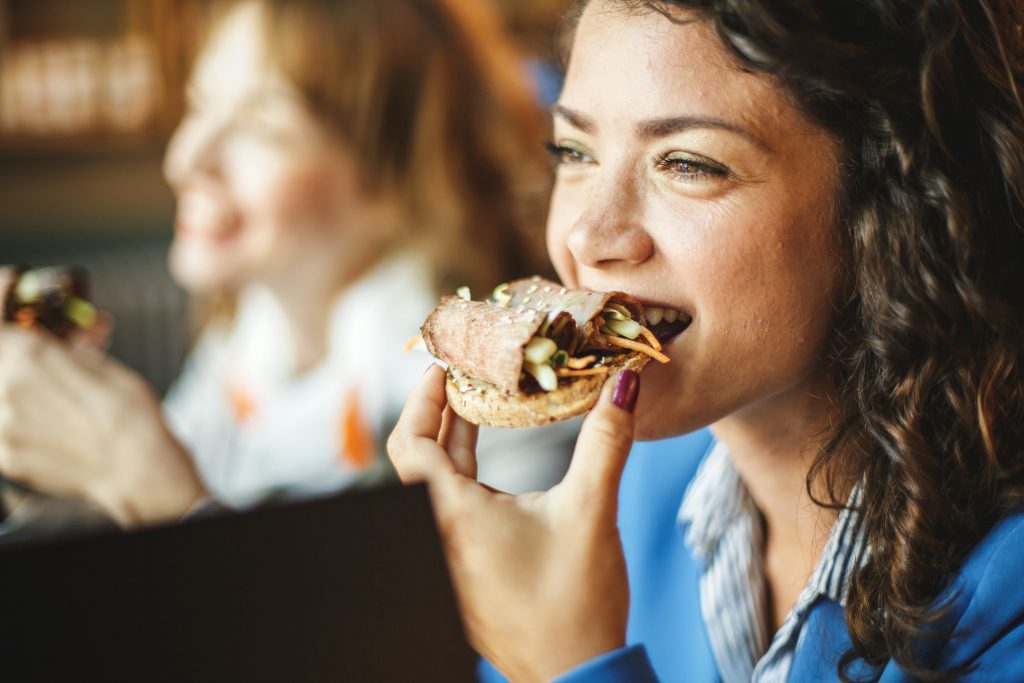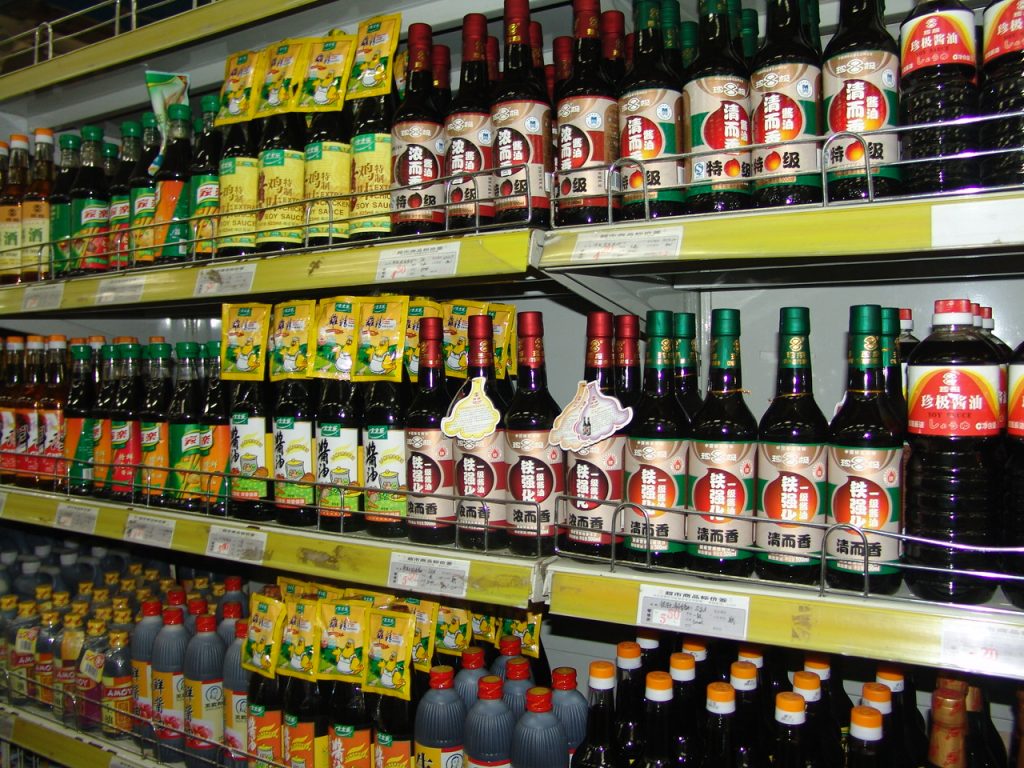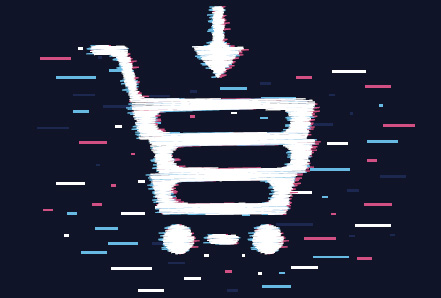Explore Tags
#METRO France, #Oonagh Turnbull, #Groupe Savencia, #ethical supply chain, #CHRO, #UN Guiding Principles, #Flora Food Group, #Ofi, #business and human rights, #Human Rights Defenders, #Paris N4G, #Alive & Thrive, #Happy Workforce Programme, #WASH, #Usha Kakaria-Cayaux, #Labeyrie Fine Foods, #Mon Restaurant Passe Au Durable, #chefs, #sustainable business, #corporate governance, #Barilla, #Corporate Social Responsibility, #Tesco, #Nestlé, #Healthier Lives, #Danone, #Human Rights, #Webinar,
